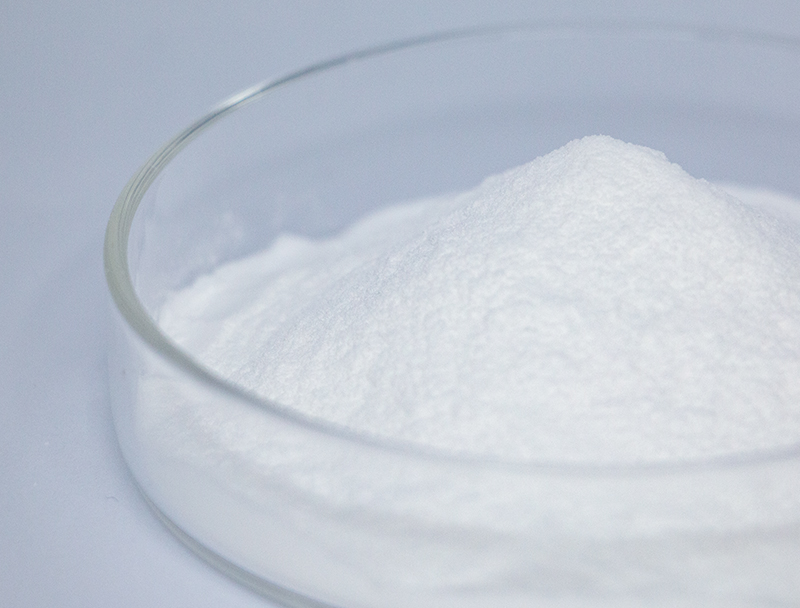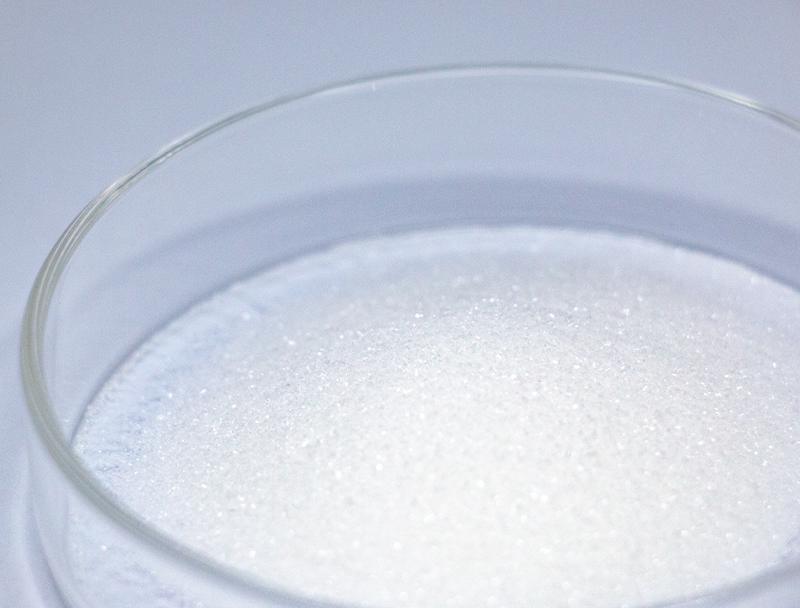
Industrial biosynthesis counts extensively on a plentiful suite of base components to manufacture advanced biological products.
Guaranteeing responsible procurement of such inputs is indispensable to sustainable success and conscientious scaling.
many concerns related to standard raw input procurement for instance pollution and systematic depletion of reserves. Consequently, biotech firms need proactively to adopt sustainable procurement approaches to reduce environmental impact.
- Examples of sustainable sourcing practices include:
- Harnessing secondary biomass from farming outputs
- Operating reuse-focused platforms to lower discard and increase efficiency
- Connecting with nearby vendors prioritizing responsible supply
Such a move to ethical procurement delivers ecological gains and commercial returns over time.
Upgrading Feedstock Traits for Better Biofuel Performance
Maximizing the efficiency of biofuel production relies heavily on the quality and composition of biomass feedstocks. Research teams persist in studying techniques to boost feedstock performance, delivering enhanced conversion and a more resilient energy mix. Strategies feature genetic optimization to raise biomass yield plus pretreatment to depolymerize plant polymers into sugars.
- Moreover, investigations target novel feedstocks like microalgae, municipal residues, and field residues to widen the pool of renewable biomass for biofuel use.
- Thanks to continuous exploration the sector is prepared to realize considerable strides toward an eco-friendlier energy mix.

Biopharmaceutical Manufacturing: Advancements in Upstream Processing
comprises front-end procedures like culture expansion and cell retrieval New innovations across this area have produced enhanced manufacturing methods that boost yields.
Key advancements include the utilization of novel cell lines, optimized culture media formulations, and intelligent bioreactor designs. These developments raise yield and cut costs as well as diminish environmental consequences.
- Furthermore, there is a growing trend towards continuous processing in upstream processing, allowing for increased flexibility over the production process.
- Embracing sophisticated manufacturing strategies is poised to change industry norms and shorten development cycles.

Gene Editing Breakthroughs That Elevate Biopharma Output
breakthroughs in precise gene modification systems have reshaped biopharma production. By precisely targeting genes within host organisms, researchers can enhance the yield of valuable therapeutic proteins. The strategy paves the way toward accessible, high-yield therapeutics across disease spectra.
Microbial Solutions for Greener Bioremediation Practices
state-of-the-art biological cleanup solutions using targeted microbial actions. Certain microbes have capacities to biotransform contaminants into nonharmful forms.. Using microbial biotechnology enables remediation strategies that balance effectiveness with ecological protection. Research teams analyze microbial diversity to find candidates that metabolize heavy metals, break down pesticides, and treat oil-contaminated matrices.. These microorganisms can be employed in bioreactors or directly at contaminated sites, promoting the breakdown of pollutants through biodegradation processes..
The use of microbial biotechnology in bioremediation offers several advantages over conventional methods. Microbe-driven cleanup typically costs less and generates fewer dangerous byproducts. Similarly, microbe-based remediation affords specificity that avoids extensive ecosystem disturbance. Ongoing innovation aims to boost the throughput and efficacy of microbe-driven remediation approaches.
Informatics-Driven Strategies for Drug Design
Informatics platforms are essential to current drug discovery and development pipelines. By integrating diverse datasets, bioinformatics enhances candidate identification and therapeutic optimization.
- Using extensive genomic, proteomic, and patient data, analysts discover targets and anticipate therapeutic performance.
- Concurrently, virtual screening and simulation shape the development of more effective therapeutics.
- In conclusion, computational biology reshapes discovery pipelines and speeds delivery of reliable treatments for patients.
Metabolic Engineering Strategies for Enhanced Bioproduct Synthesis
employs a variety of strategies to augment the synthesis of valuable bioproducts within microorganisms. Options include metabolic rerouting via gene edits, expression tuning through regulatory control, and incorporation of foreign enzymes to expand function.. By optimizing cellular networks, developers can substantially boost target bioproduct output.
This multifaceted approach has the potential to revolutionize a broad range of industries, including biopharmaceuticals, agriculture, and bioenergy.

Scaling Biopharma Production: Hurdles and Advantages
Scaling up biopharmaceutical production presents both significant challenges and exciting opportunities. Maintaining consistent product attributes with scale-up remains a central difficulty. Resolving it depends on rigorous control strategies, precise instrumentation, and comprehensive analytics.

Process intricacy spanning various stages creates significant scale-up complexities.. Converting small-scale procedures to plant-scale operations necessitates extensive innovation 4-Aminobutyric acid and optimization.. Nevertheless, the upside can be significant. Efficient scale-up can amplify access to medicines, compress costs, and strengthen returns.
Numerous initiatives aim to tackle these scaling challenges. These include the development of new technologies for process optimization, advanced analytics for real-time monitoring and control, and innovative manufacturing strategies.
- R&D initiatives significantly drive enhancements in manufacturing capacity.
- Regulatory frameworks are being optimized to accommodate novel production technologies and promote innovation.
Regulatory Considerations to Maintain Biopharmaceutical Safety and Performance
The development of biopharmaceuticals is a complex process that requires stringent regulatory oversight to ensure both patient safety and product efficacy. Biologics sourced from living systems pose distinct regulatory and manufacturing complexities versus small-molecule drugs.
Regulatory authorities including FDA and EMA are central to creating criteria and processes for approving innovative biologics..
Strict validation and testing steps are required across the product lifecycle from lab studies to post-market oversight.. These controls function to identify dangers and ensure biopharmaceuticals achieve premier safety standards..
Also, governing institutions evolve their strategies to respond to swift advances in biopharmaceutical science.. This includes embracing novel technologies and facilitating the development process while maintaining a commitment to patient well-being.

Plant-Based Biomass Options for Bioplastic Manufacturing
A stronger push for environmentally responsible materials is driving research into renewable options. Plant-derived biomass as input for bioplastics represents a practical route toward greener materials. Organic feedstocks like cornstarch, cellulose, and sugarcane can be converted to compostable polymers that shrink the environmental footprint of plastics.
Concurrently, several bioplastic formulations approximate conventional plastic traits and serve wide-ranging applications. Further innovation is required to mature plant-based bioplastics for broad adoption and circular economic models.
Biotech Innovations Addressing Health and Food Challenges
Biotechnology offers potent solutions for advancing public health and enhancing food security. Via genetic modification, synthetic design, and therapeutic cell technologies, researchers build solutions to control infections, increase crop productivity, and enrich food quality.. Consider genetically enhanced crops that resist pests and environmental stresses to improve production and reduce pesticide reliance.. Furthermore, biotechnology supports creation of vaccines, therapeutic agents, and advanced diagnostics that strengthen responses to infectious threats and enhance health outcomes.. With ongoing research, biotech is positioned to enable broad improvements in health and food security that serve global populations.
